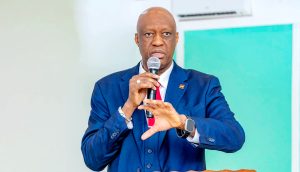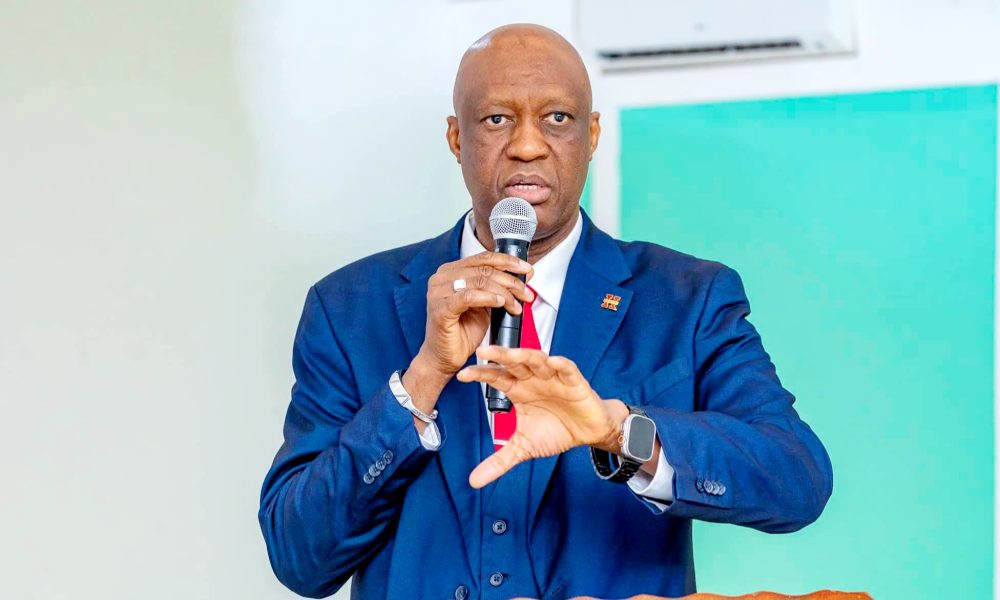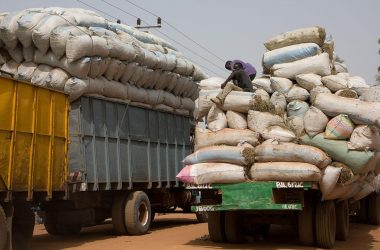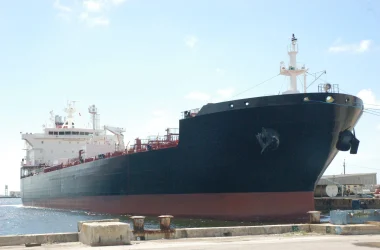The head of the Gambia’s revenue administration has highlighted that West African women are confronted with huge challenges, despite being catalyst to trans-boundary trade.
The Commissioner General of the Gambia Revenue Authority, Hon. Yankuba Darboe, described women as the bulwark of the West African economy, but lamented that this significant demographic is beset by security challenges, harassment at borders, low-level of awareness of trade protocols and limited access to formal markets.
“These are not just social issues, they are economic barriers that limit growth, reduce revenue potential, and hinder prosperity of our sub-region,” CG Darboe said in opening remarks at the high-level stakeholder dialogue organized by the Society of Women in Taxation West Africa (SWITWA), which got underway in Banjul on Monday.
He stated that the theme of the dialogue: “Addressing Taxation Challenges for Women Cross Border Trading: Implications for African Continental Free Trade Area”, could not be more relevant and timely. “Women are the bedrock of our regional economy. According to data from ECOWAS, they constitute over 70% of informal cross-border traders, playing a vital role in food security and local economies. In the agricultural sector of countries like Burkina Faso and Mali, women make up over 75% and 65% of the workforce, respectively,” the GRA boss explained.
“In The Gambia, according to the 2022 Labor Force Survey conducted by the Gambia Bureau of Statistics, approximately 84.7% of women are employed in the informal sector. It is estimated that cross-border trade in the ECOWAS region amounts to between US$ 2.5 to US$ 6.5 billion annually, a significant portion of which is driven by women,” he added.
The head of the Gambia revenue administration lamented that women are hugely challenged by variables, which are not just social barriers but economic hurdles to their growth.
“Yet, despite being the drivers of this trade, they face significant challenges. These include security challenges, harassment at borders, low awareness of trade protocols, and limited access to formal markets. These are not just social issues, they are economic barriers that limit growth, reduce revenue potential, and hinder the prosperity of our sub-region,” he bemoaned.
“As the Commissioner General of GRA, my mandate goes beyond revenue collection. It is also about facilitating trade, ensuring fairness, and creating an efficient system that empowers businesses to thrive. We recognize that the challenges faced by women traders are challenges to our collective economic success.”
According to the Gambia’s revenue collection boss, the establishment of the African Continental Free Trade Area (AfCFTA) “is a monumental achievement, offering access to a market of 1.3 billion people”. “Along with instruments like the ECOWAS Trade liberalization Scheme (ETLS), it holds the key to unlocking unprecedented growth,” he stated.
“However, a key challenge remains- awareness. A study conducted in 2023 revealed that a staggering 71% of cross-border traders in the Lagos, Benin and Togo corridor have no knowledge of the AfCFTA agreement,” he explained, adding:”This knowledge gap is a critical barrier we must address. If the primary actors of trade are unaware of the tools created for their benefit, then the transformative potential of these agreements will remain unrealized.”

He pointed out that the task of the participants over the next few days is to bridge this gap. “We must move from high-level protocols to on-the-ground practice. We need to demystify tax laws, simplify customs procedures, and ensure that the benefits of free trade are felt by women who power our markets every single day.
“As chairman of this session, I am eager to hear insights from our keynote speaker and my brother, His Excellency Dr. Omar Alieu Touray, or his representative, and the rich discussions that will follow. I urge all participants to engage in frank and pragmatic conversations. Let us move beyond identifying problems to crafting actionable solutions and practical recommendations that can be implemented across our borders.”
CD Darboe expressed the confidence that the outcomes of the “dialogue will provide a clear roadmap for tax administrations, policymakers, and civil society to create an enabling environment for women traders to flourish under the AfCFTA”.





